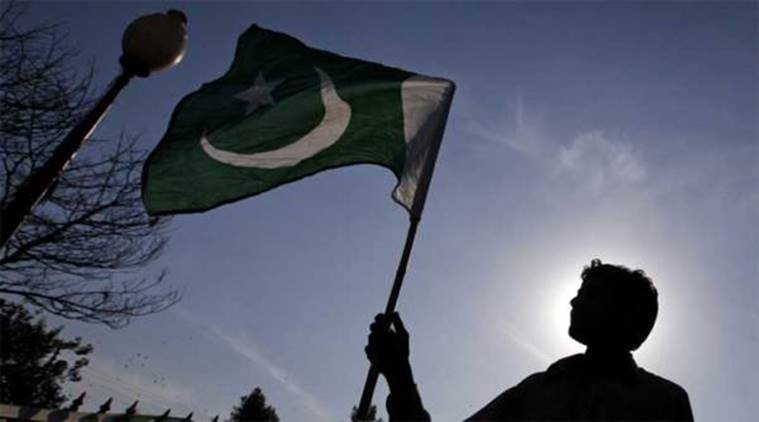
An editorial in Dawn takes a sharp, critical look at India’s special National Investigation Agency court which last week acquitted all the accused in the 2007 Samjhauta Express blast. It minces no words as it says that, “The ruling is an insult to the 42 Pakistani victims of the February 18, 2007, bombing of the train that had set off for Lahore, and a sharp reminder of how opponents of Subcontinental peace are allowed to get away with the biggest crimes. It is a rebuke to the more than 20 victims of the explosion with Indian nationality and it is a snub to the efforts of those investigators of Haryana, where the incident took place, who tracked the suspects in a high-pressure probe.”
The editorial recognises the sincerity of purpose of the initial investigators assigned to the case and says, “That police team overcame all kinds of pressure to first reject the opinion that this was an act carried out by a Muslim extremist group, and then to actually announce it was a job carried out by organised Hindu extremists”, and, points out the “painful contrast” between them and the NIA’s efforts. It states that “true to form”, Delhi tried to find shelter behind the usual rhetorical exchanges of the two countries where “both sides have pointed a finger at the other for not seriously prosecuting groups blamed for terrorist acts inside each other’s territory”. It calls the Pakistan response “as predictable as it is sharp”, and points out that, “Islamabad’s response aptly underlines the fact that the terrorists had publicly confessed to their ‘odious crimes’”.
The editorial ends by saying that Pakistan has the opportunity to do better than India by “taking the Mumbai terror case to its logical conclusion. This would show the world that it is serious about combating militancy and be a befitting response to India that stands exposed after the Samjhauta ruling.”
Right education
The Bangladesh government’s directive last week to not hold any examinations for students of Class I, II, and III has found mention in an editorial in the Dhaka Tribune, which has supported the initiative. The editorial recognises that “exams are not altogether bad”, but clarifies, “it is also important to understand that exams, especially at such an early age, can impose unnecessary pressures on children’s curious minds, and do little to nurture their growth.” It lists the examples of countries like Finland, Australia and India to say that these places have “to a great extent understood the potential damage of exams at too young an age, and moved towards more effective methods of learning”.
It praises the government for taking a step in the right direction by recognising what a lot of research in recent times has been corroborating — “that traditional exams are not capable of measuring intelligence effectively”. But it also puts into realistic perspective the many goals that the country needs to still achieve vis-a-vis education: “Unfortunately, the problems with our education sector do not end there — from the quality of teachers and textbooks to the corruption which plagues our educational institutions, there is no denying that the Education Ministry has its work cut out if it wants to bring true improvement. There would be little point to merely removing exams if the education that children received was of an inferior quality to begin with.”
Unequal world
A column by Amish Raj Mulmi in Kathmandu Post trains the spotlight on gender inequality in the context of Nepal’s oft-discussed unequal citizenship laws that are seen as heavily biased towards women — for instance, children of Nepali women who marry foreign men cannot get Nepali citizenship by descent. The column comes in the wake of a tweet by a senior male journalist in Nepal: “Consider this tweet made just last week by a senior journalist as the ‘debate’ around the citizenship bill went on in Parliament: ‘Why should those women who cannot reveal the father’s name give birth to children? The mother does not give birth to children by themselves, do they? There are several Mary Stopes clinics across Nepal for those women who do not want to reveal their sex partner’s name. Why should an infant’s destiny be that of a fatherless child?’ [translations mine].” Mulmi says that by equating women’s citizenship to reproduction, and by insidiously “pointing unwed mothers (or single mothers by choice) towards abortion clinics, the repugnant tweet essentially told us the Nepali man simply considers their woman to be a reproductive vehicle and little else. In his Hindu view of the world, he upholds the idea of the ‘virtuous wife’, and ‘treats women’s sexuality as a risk to society at large’.”
Mulmi states that as the law on citizenship stands currently, “what emerges with clarity is the idea that Nepali citizenship rights are based on Brahminical ideas of a pure society.” and goes on to conclude that it is “not up to the state to declare men and women are equal in the first place.”